We checked two pygmy lorises to see their health status
hace 3 yearsThis morning, our team of experts at Terra Natura Benidorm, carried out a complete veterinary examination of two pygmy lorises (Nycticebus pygmaeus), which have been living in our facilities since 2018. This species is in a vulnerable state of conservation according to the IUCN, for this reason a protocol of monitoring and veterinary control is applied with the aim of monitoring their state of health and general welfare.
The review of Tiki and Nomi, as these two pygmy lorises are called, has begun with the weighing of both animals to monitor this parameter. These animals tend to be overweight, so it is important to monitor the evolution of this indicator to ensure their health. In the case of Tiki, who is particularly gluttonous, his diet will be modified, reducing fruit and adding more vegetables to reduce sugar intake and thus reduce his weight a little. Tiki has weighed 750 grams, and needs to lose 200 grams to be at his ideal weight. Nomi has had an adequate weight.
As part of the veterinary examination, the condition of the fur of these Asian pygmy lorises, which can be seen in the permanent exhibition of venomous creatures at Terra Natura Benidorm, was also looked at. This mammal is the only primate in the world that possesses a poisonous toxin. Its saliva contains a toxin with which it impregnates its young to scare off possible predators.
The venom they possess is also used to defend themselves against predators that are faster than they are. The lorises lick the area to pass the venom from their teeth to the rest of their body. When they bite, they inoculate the venom, causing great inflammation in the area, necrosis or even anaphylactic shock that can lead to death.
In total, at Terra Natura Benidorm, we have four individuals of the species, two born in 2010 and Tiki and Nomi, who were transferred from Zurich Zoo four years ago. Among the main threats to the conservation of this species is the human being, as it destroys its habitat and illegally markets this species as exotic pets or for use in traditional Chinese medicine.

